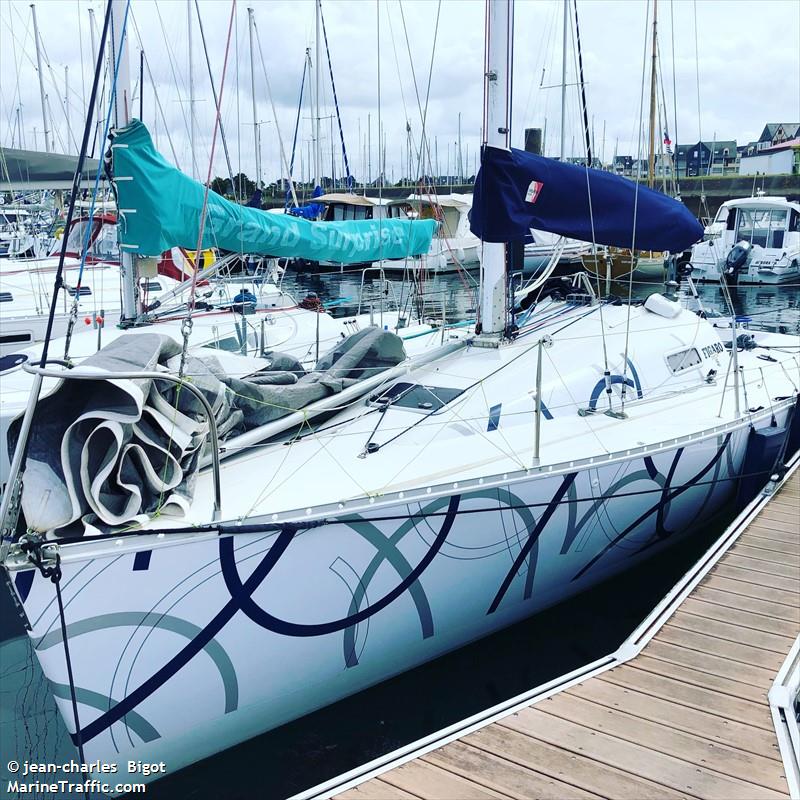Grounded Lysblink Seaways was driven by drink

The grounding of the DFDS Seaways vessel Lysblink Seaways was caused by the officer of the watch (OOW) being drunk while being sole watchkeeper, the UK’s Marine Accident Investigation Branch (MAIB) has found.
An investigation by the agency found that the owner’s zero-alcohol policy onboard the vessel was often flouted by crew members.
The singledecker vessel (pictured) ran aground at full speed at around 02:32hrs (local time) on February 18 this year near Kilchoan, on the Ardnamurchan peninsula in western Scotland. The ship had been en route from Belfast to Skogn, Norway, carrying a cargo of paper reels.
The vessel’s chief officer, a Russian national who had been the Lysblink Seaways‘ chief mate for three years, made a private telephone call in his cabin some time between 18:00hrs and 24:00hrs that night. MAIB said the call caused him “anxiety” and he drank 0.5 litres of rum, before taking over as OOW at midnight.
MAIB’s investigation found the bridge navigational watch alarm system had not been switched on and an off-track alarm on the electronic chart system had been silenced.
Although a radar watch alarm had sounded every six minutes, the OOW was able to reset the alarm without leaving his chair – thus defeating the purpose of the alarm.
MAIB found the steering mode was changed from autopilot to manual at 02:32hrs and the helm was placed hard-a-port. The vessel was 0.1nm from the shoreline and making a speed of 13.3 knots at this time, and ran aground a minute later.
The grounding damaged the vessel’s hull, breaching its double bottom and some of its fuel tanks, resulting in 25 tonnes of marine gasoil leaking into the sea. After being salvaged, the vessel was declared a constructive total loss and scrapped in Scotland.
MAIB said regular and “significant” alcohol consumption by crew was evidenced by the inventory of the vessel’s bonded store records, which showed stores were regularly restocked with spirits, wine and beer.
“The effective administration of the owner’s zero-alcohol policy might have prevented the development of a culture in which the chief officer considered it acceptable to consume alcohol before his watch,” MAIB commented in the report.
“Had a lookout been on the bridge, he would have been well placed to prevent the accident by alerting the master to the chief officer’s condition and that navigational waypoints had been missed.”
DFDS has since removed bonded stores from Lysblink Seaways’ sister vessels and verified random alcohol testing of crew.
DFDS has also developed an in-house, accredited Maritime Resource Management training course to improve the standards of bridge resource management in its fleet, among other measures, MAIB said.

 ‘ chief mate for three years, made a private telephone call in his cabin some time between 18:00hrs and 24:00hrs that night. MAIB said the call caused him “anxiety” and he drank 0.5 litres of rum, before taking over as OOW at midnight.
‘ chief mate for three years, made a private telephone call in his cabin some time between 18:00hrs and 24:00hrs that night. MAIB said the call caused him “anxiety” and he drank 0.5 litres of rum, before taking over as OOW at midnight.